A gay couple filed a first-of-its-kind class action lawsuit against New York City on Thursday alleging that the city’s health insurance plan is discriminatory because it doesn’t cover in vitro fertilization, or IVF, for male couples.
The lawsuit is the latest development in what has become a yearslong effort by the couple to get the city to change its IVF benefits, which the couple argues makes accommodations for heterosexual and lesbian couples, and for single women.
Corey Briskin and Nicholas Maggipinto said they have been talking about having children since 2014, ahead of their engagement. They planned to use a two-part process: First, they would use IVF, where an egg is combined with a sperm in a lab, and second, they would work with an agency to hire a surrogate who would have the fertilized egg implanted and would carry the baby to term. They planned to have the IVF covered by insurance and planned to pay for the surrogacy out of pocket.
Briskin took a job as an assistant district attorney at the New York County District Attorney’s Office in Manhattan in 2017, and he learned soon after that the city’s health plan doesn’t cover IVF benefits for gay men. Briskin left that job in March 2022, but he is still covered under the city’s plan through a federal law called COBRA, which allows employees to continue to receive health care coverage from their former employer for up to three years if they pay the full premium.
The couple filed a charge of discrimination with the Equal Employment Opportunity Commission in April 2022 and hoped that it would encourage the city to change its policy. However, that didn’t happen.
Peter Romer-Friedman, an attorney with Washington, D.C.-based firm Gupta Wessler PLLC, who is representing the couple, said the city responded to the EEOC charge with a position statement arguing that it doesn’t provide IVF benefits to surrogates and, as a result, it would not provide benefits to Briskin and Maggipinto. Romer-Friedman called the city’s argument a red herring, because he said Briskin and Maggipinto have never sought any benefits for a surrogate.
“They’re seeking fertilization of donated eggs with their sperm, and those are things that are provided to other people under the plan,” Romer-Friedman said. “So, in our view, the city offered no legitimate, legal or factual explanation for treating Corey and Nicholas differently than other couples who get IVF benefits.”
A city hall spokesperson said Mayor Eric Adams’ administration “proudly supports the rights of LGBTQ+ New Yorkers to access the health care they need.”
“The city has been a leader in offering IVF treatments for any city employee or dependent covered by the city’s health plan who has shown proof of infertility, regardless of gender identity or sexual orientation,” the spokesperson said. “The city will review the details of the complaint.”
Romer-Friedman said that in order to bring a lawsuit under Title VII of the Civil Rights Act of 1964, a federal law that prohibits employment discrimination on the basis of race, color, religion, sex and national origin, a party is required to first file an EEOC complaint. After a six-month EEOC investigation, the party can choose to go to court.
The couple’s lawsuit argues that the city’s exclusion of gay men from being eligible for IVF benefits violates Title VII, the equal protection and due process clauses of the 14th Amendment and New York state and New York City human rights laws.
The city categorically denies IVF benefits to gay men because it requires employees to meet its definition of infertility in order to qualify, the suit argues. The city defines infertility as the inability to conceive a child through male-female unprotected intercourse in a consecutive 12-month period or through intrauterine insemination, or IUI. Under this definition, single women and lesbian couples can qualify as infertile and receive IVF benefits if they undergo IUI and don’t become pregnant, according to the complaint.
“But gay men, although equally incapable of conceiving a child without IVF, are always denied access to IVF under the City’s healthcare plan,” the complaint states. “By defining ‘infertility’ in this exclusionary manner, single female employees, female employees with male partners, female employees with female partners, and male employees with female partners are always potentially eligible for some IVF benefits under the City’s healthcare plan, but gay male employees—whether individually or with male partners—are never eligible for any IVF benefits.”
Through its health care plan, the suit argues, the city “denies gay men equal treatment and makes it much harder for gay men to have biological children than other employees and their partners.”
Since 2022, Briskin said, he and Maggipinto have started their journey to become parents. They have received donated embryos that are awaiting transfer to a surrogate, and they hope to have their first child within the next year. However, they are paying for all of the services out of pocket. So far, they have spent about $80,000, and they just received another $9,000 medical bill this week for prescription medications necessary for the IVF process, they said. They expect to pay about $100,000 for the IVF costs, and surrogacy can cost an additional $165,000, according to documents filed with the couple’s 2022 EEOC complaint.
Due to the costs, Briskin left the public sector and took a job at a private law firm.
“I certainly had to make the difficult decision to leave the public sector, which I clearly felt very strongly about — I worked as a public servant for the first decade of my career,” Briskin said. “And that decision was driven in large part by our need to make sure that we can finance this ourselves.”
Briskin said they’ve mostly received support from those who have heard about their case, and that people have been “flabbergasted at the notion that we are even having to have this fight in New York City in 2024.” But the couple has had a few critics, they said, who have argued that Briskin and Maggipinto don’t need the benefits because they are both lawyers.
Maggipinto said they have been fortunate enough to be able to save money to have children, but that their fight isn’t about money.
“If this were just about the money, we would have pursued a settlement with the city and not bothered with all the frustration that this brings, but if there’s any point that I would want to make, it’s that the policy needs to change,” Maggipinto said. “I would love the city to just answer the question directly: What exactly is the holdup? Why are you denying us equal treatment? They’ve come up with nothing.”
Since the couple filed their EEOC charge, Romer-Friedman said that 10 New York City council members introduced a bill to offer IVF benefits to city employees regardless of whether they can meet the city’s definition of “infertility,” and two federal courts have held that health care plans that exclude same-sex couples, specifically lesbian couples, from IVF benefits may violate federal nondiscrimination laws, such as Title VII.
Currently, just seven states, including New York, require IVF benefits to include same-sex couples, according to a report from nonprofit news website Stateline, though these policies don’t explicitly require coverage for gay men.
For more from NBC Out, sign up for our weekly newsletter.
.png)
 1 week ago
10
1 week ago
10




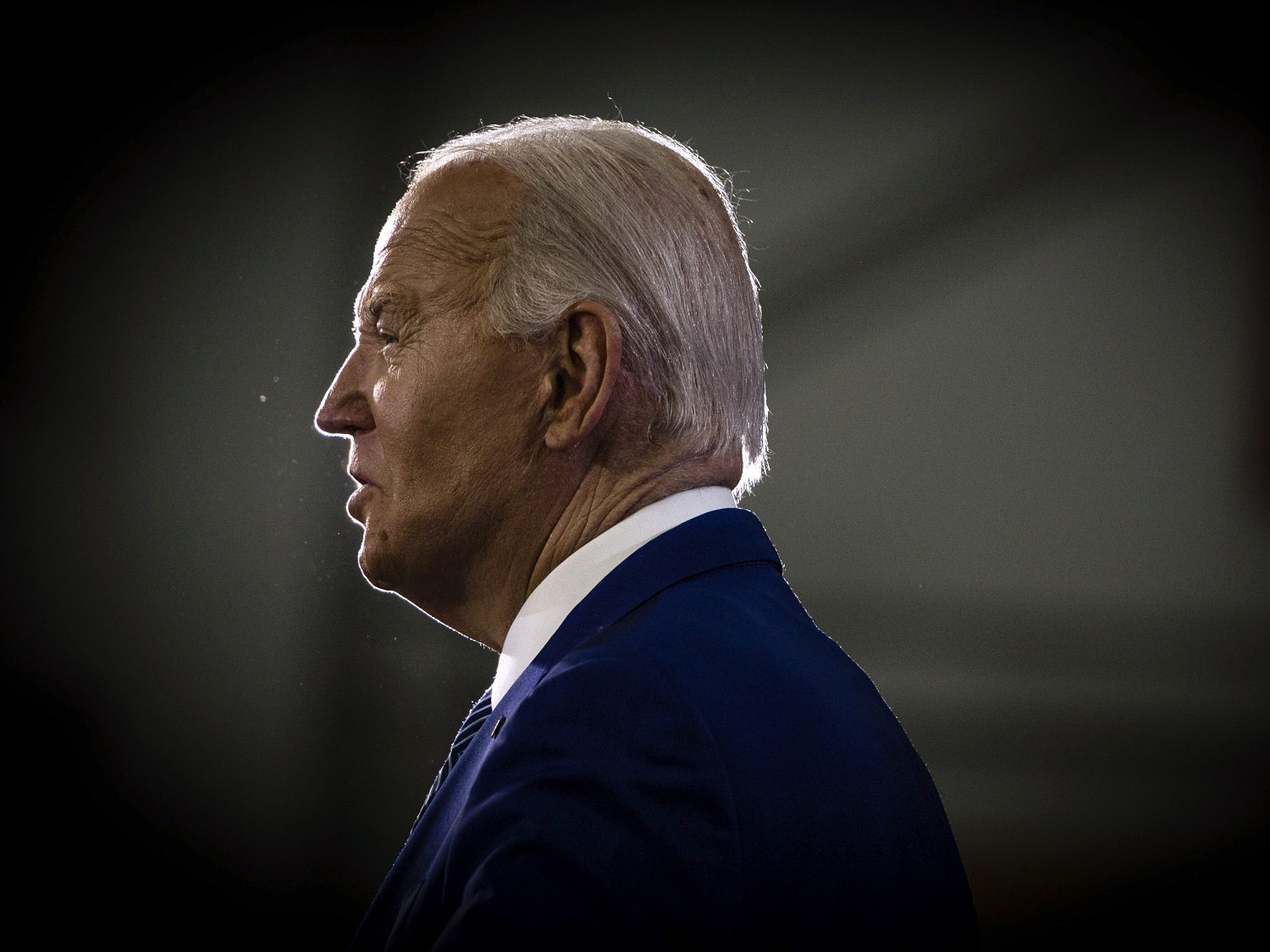





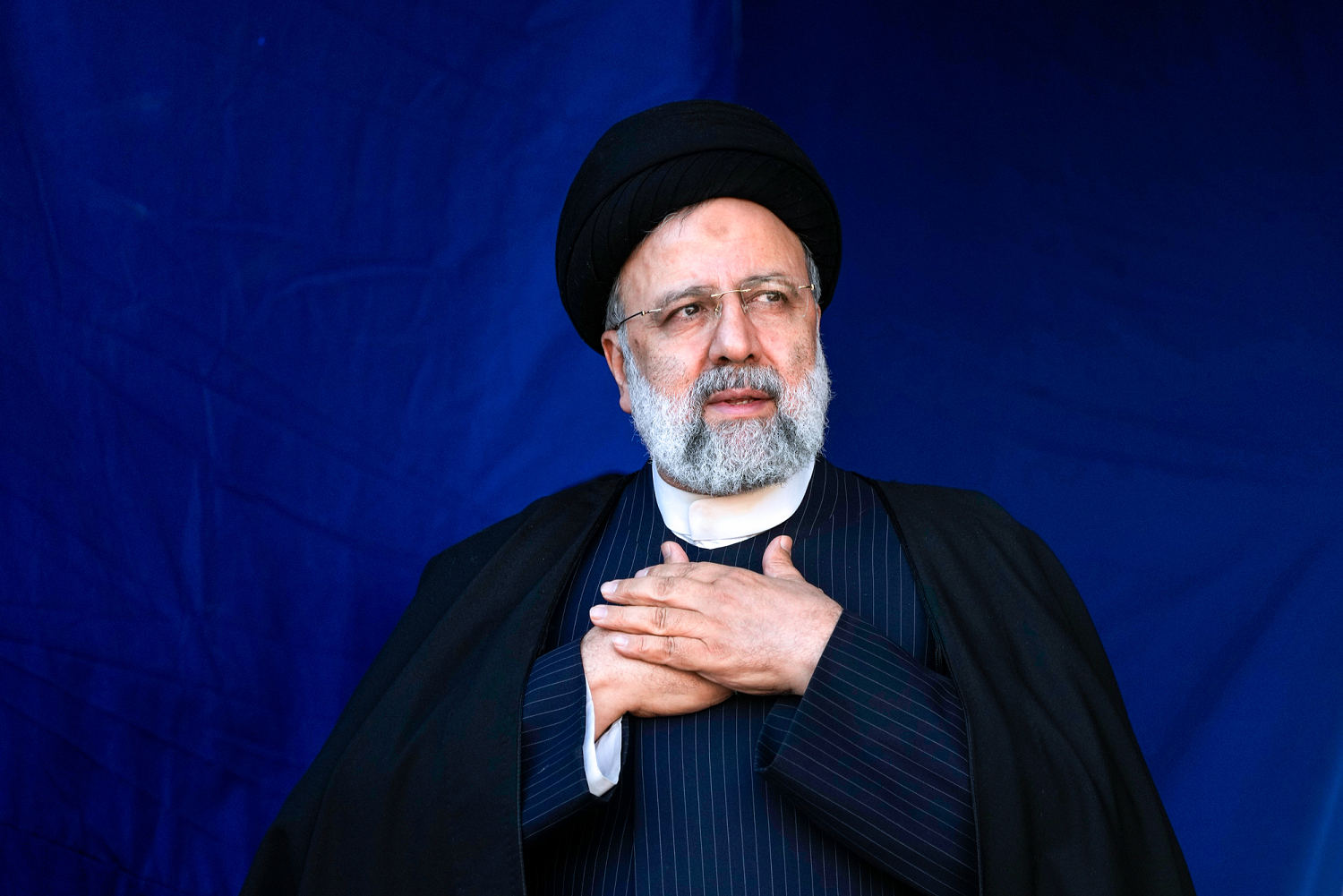
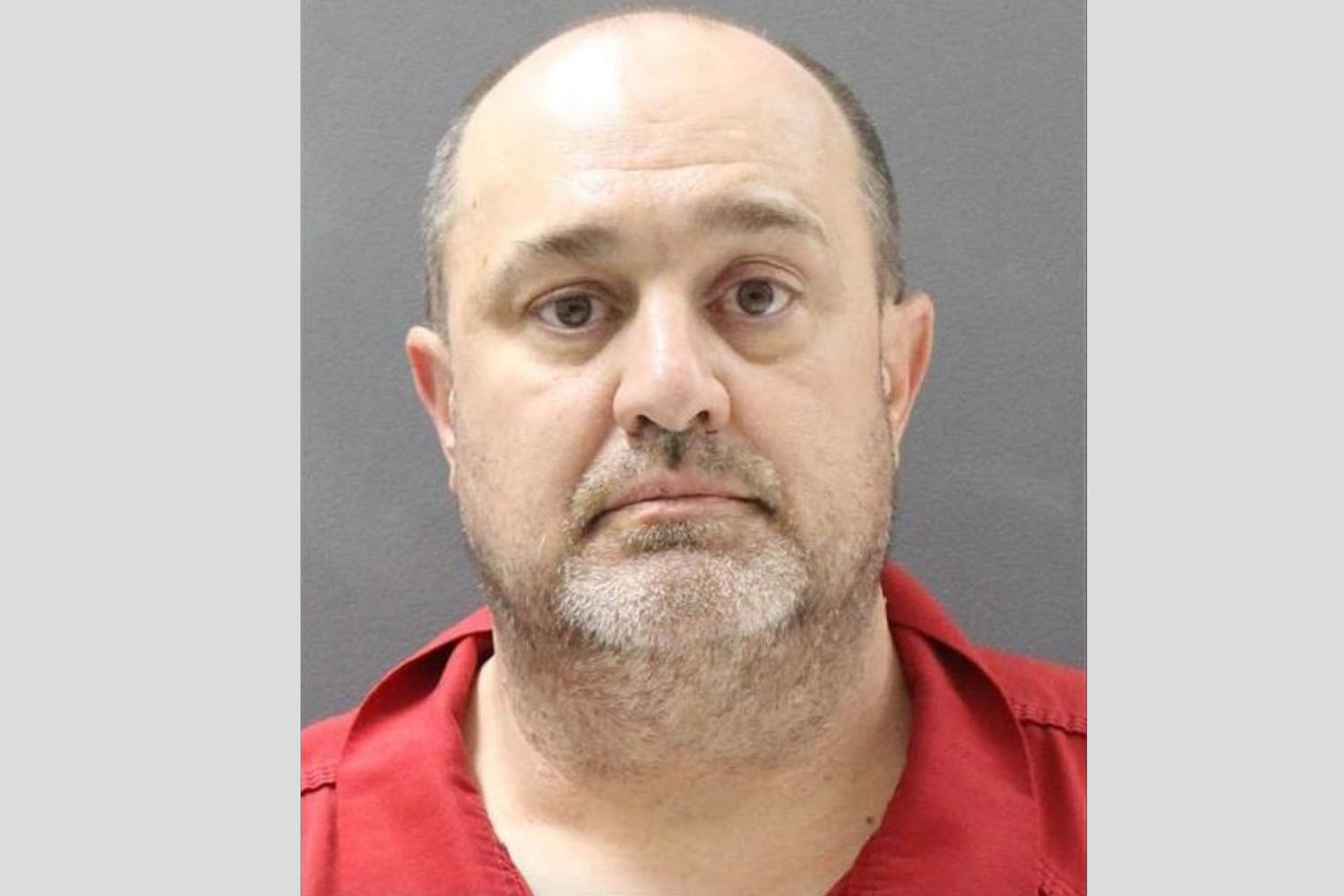













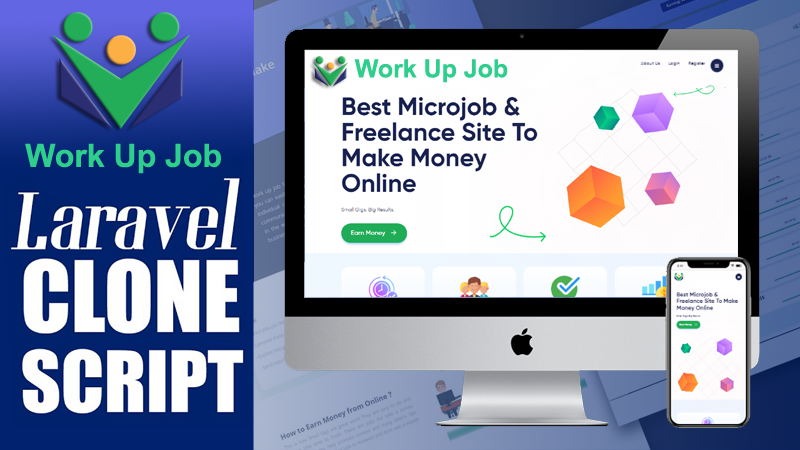


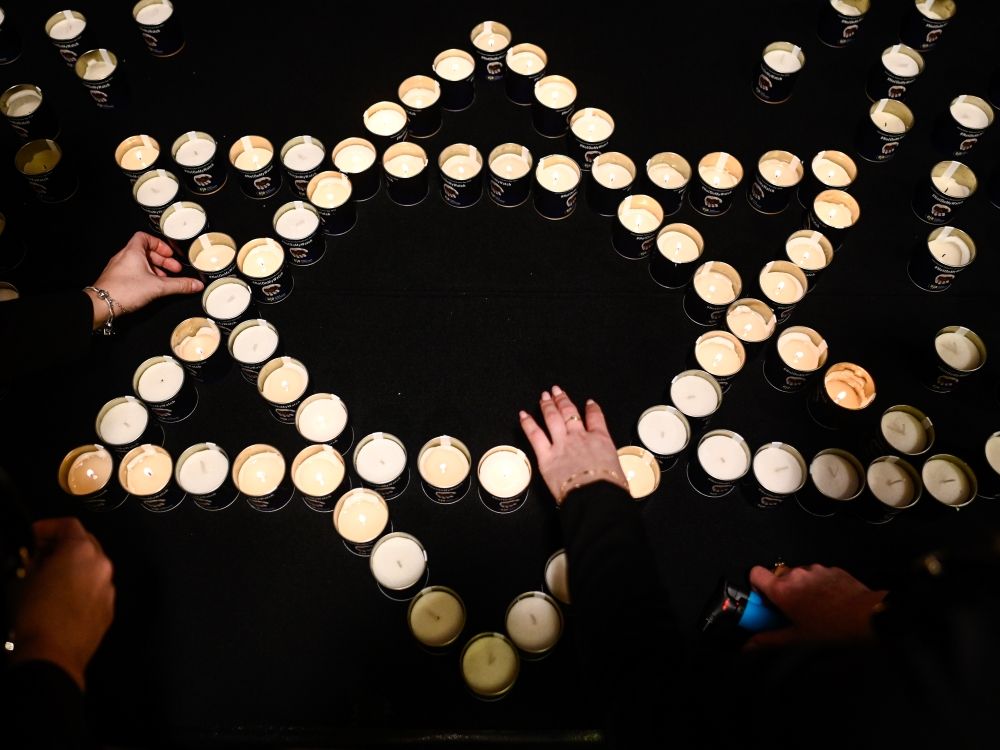





 Bengali (BD) ·
Bengali (BD) ·  English (US) ·
English (US) ·